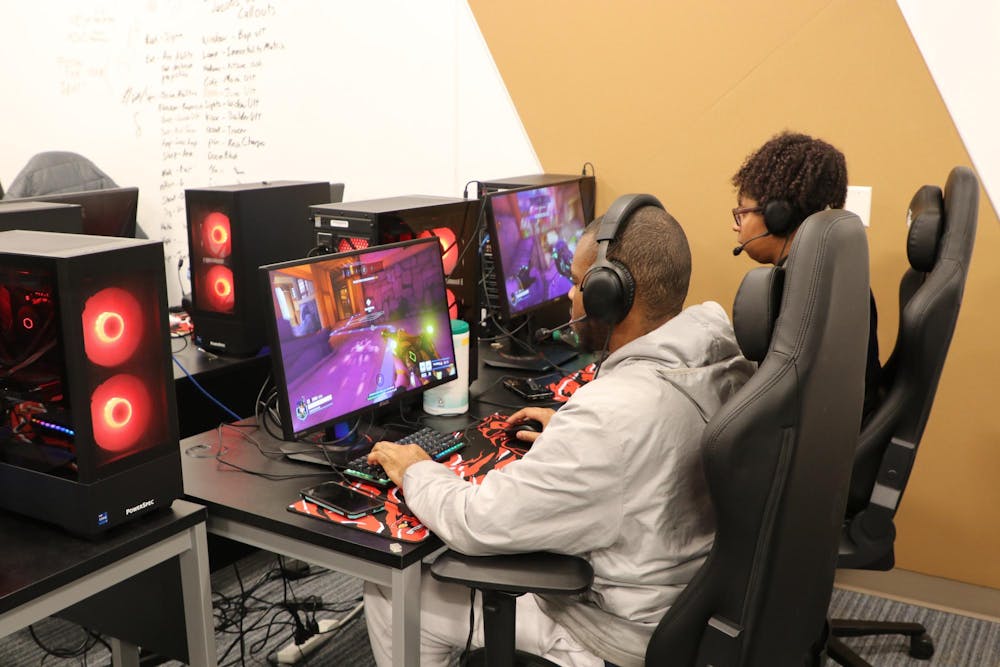2025 is the perfect time to start recognizing esports.
The e-sports industry has seen rapid growth over the last few years. On the collegiate level, it has been gaining more and more traction as universities across the nation are developing programs dedicated to gaming.
Otterbein, too, is following that trend. Our competitive e-sports program launched in the 2024-2025 term with a dedicated arena in The Point. It’s open to recreational gamers and gamers that are seeking to play competitively for the National Association of College Esports (NACE). Otterbein clearly supports the idea that esports is an authentic sport, but beyond Otterbein, the debate persists.
Video games have been the subject of heated debates for some time. In the past, they’ve been the scapegoats for real-world acts of violence, such as mass shootings, perpetuated by young men. Opinions about the legitimacy of video games as a form of athletics are diverse.
On one hand, there are those who argue that because it lacks the traditional athletic leagues and any sort of physical exertion, esports can’t possibly be a sport. On the other hand, people argue that the competitive nature of popular games like Call of Duty and Overwatch, and the skill development required to play them, qualifies them as sports.
Additionally, video games are generally perceived negatively by older generations, making some individuals further inclined to endorse opinions against recognizing esports as a sport. However, times are always changing, and more people are recognizing esports. Video games have always been competitive, and gamers have consistently gathered to host their own tournaments and competitions. Eventually, esports will form its own leagues, and regardless of what traditionalists think, they’ll have to adapt.
In 2025, esports is an authentic form of sports, and if current trends are anything to go by, the industry has much more room to grow.








